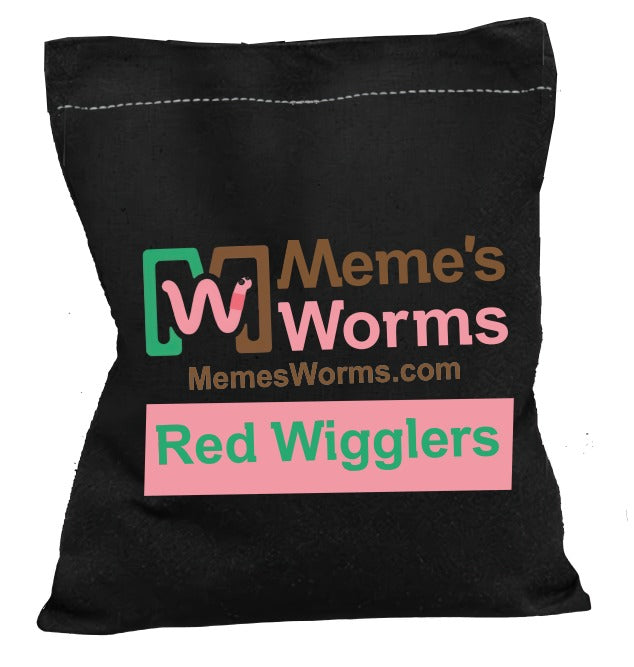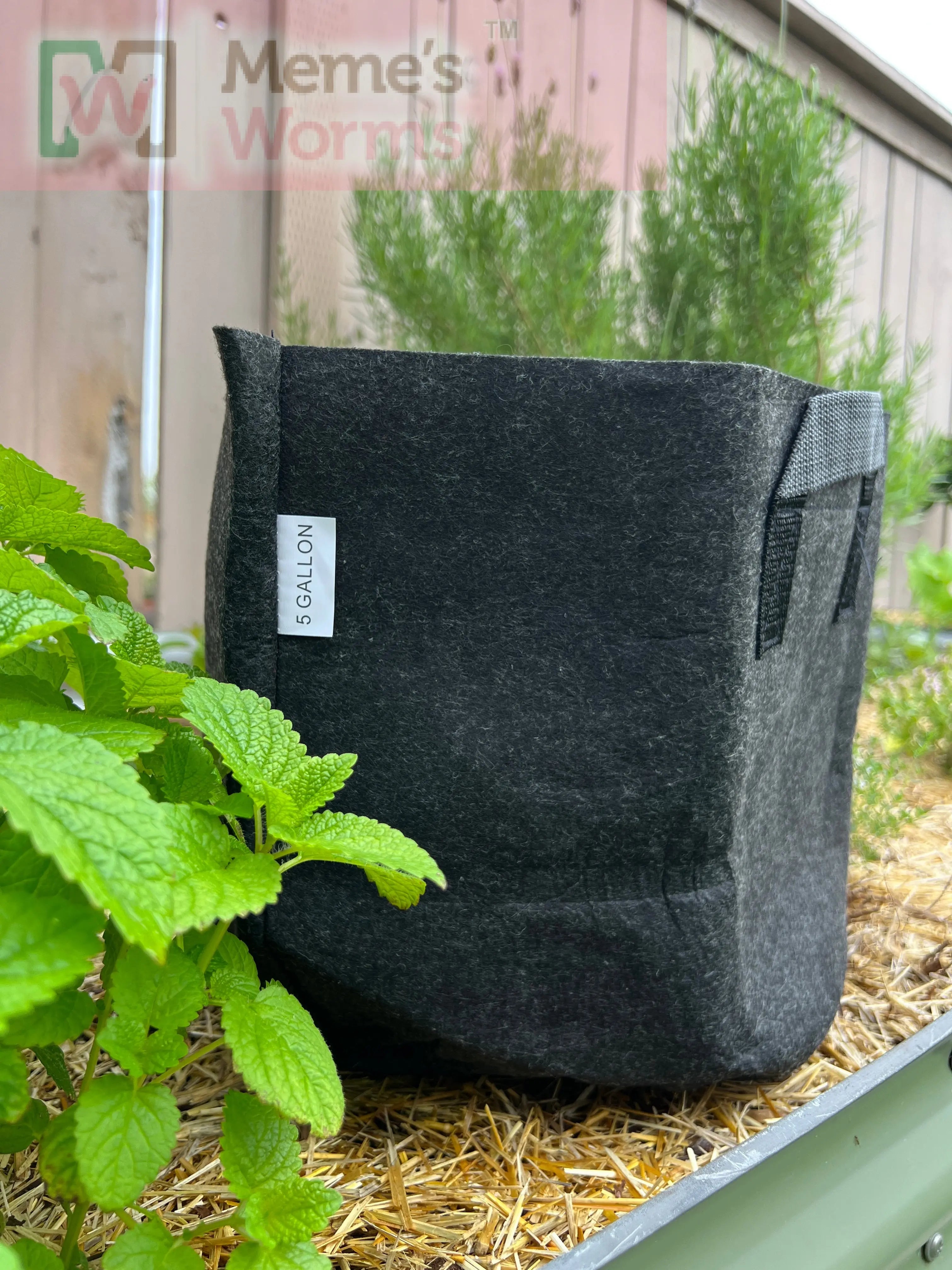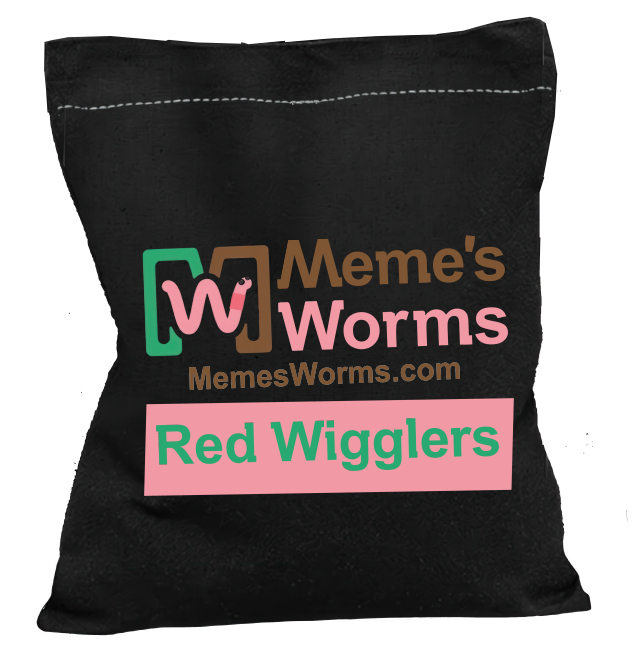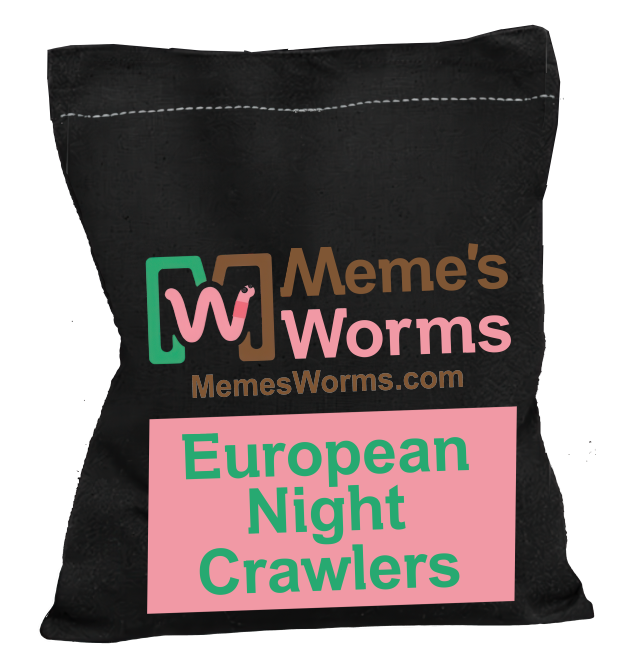Our Worms
New to composting? Start with the Pure Red Wigglers. They are the easiest, most flexible worms to manage in most climates.
Our Worm Species'
Red Wigglers
Red wiggler worms (Eisenia fetida) offer a sustainable way to reduce organic waste. Red Wigglers are especially effective at breaking down organic material producing nutrient-rich compost for healthier soil. They are the easiest worms for beginners to work with.
European Nightcrawlers
European Nightcrawlers are worms popular for their ability to convert organic material into enriched compost. Their excellent nutrient-rich makeup helps plants grow stronger and healthier. An ideal worm for organic fertilization, these worms also make for a great fishing bait.
Indian Blues
Indian Blue Worms, also known as Perionyx Excavatus, are a species of earthworms native to India and other tropical regions. These worms are extremely resilient and able to withstand a wide range of environmental conditions, making them an excellent choice for composting and other bioremediation activities.
FAQ
Common questions about composting worms
What are the best worms to start with for composting or gardening?
If you're new to composting or gardening with worms, the best worms to start with are typically Red Wigglers (Eisenia Fetida) and European Nightcrawlers.
Red Wigglers: Known for their voracious appetite and efficiency in breaking down organic matter, Red Wigglers are a top choice for composting. They thrive in compost bins and piles, turning kitchen scraps into valuable compost. They are also tolerant of a wide range of conditions, making them beginner-friendly.
European Nightcrawlers: These worms are larger and burrow deeper into the soil, making them excellent for soil aeration and drainage. They are also great for composting and can be used as fishing bait. European Nightcrawlers are resilient and adapt well to various environments.
Worm Starter Colony Mix: If you're looking to diversify your composting system, a Worm Starter Colony Mix that includes Red Wigglers, European Nightcrawlers, and Indian Blues can be an excellent choice. This mix offers a balanced ecosystem and can enhance the composting process.
Starting with these worms can provide a successful and rewarding composting or gardening experience. They offer various benefits to soil health and plant growth.
If you have any specific needs or further questions, don't hesitate to reach out!
What are garden worms and how do they differ from earthworms?
Garden worms and earthworms are terms that are often used interchangeably, but they can refer to different types of worms with distinct characteristics.
Garden Worms: Garden worms typically refer to specific species of earthworms that are commonly found in garden soil. These worms, such as the Red Wigglers (Eisenia Fetida), are prized by gardeners for their ability to break down organic matter quickly and enrich the soil with nutrients. They are surface dwellers and usually found in the top layers of soil, compost piles, or decaying organic matter.
Earthworms: Earthworms is a broader term that encompasses various species of worms that live in the soil, including garden worms. Some earthworms, like the European Nightcrawlers, burrow deeper into the soil and help with soil aeration and drainage. They play a vital role in maintaining soil health by recycling nutrients and enhancing soil structure.
In summary, while all garden worms are earthworms, not all earthworms are considered garden worms. The specific role and behavior of the worms may vary depending on the species and their habitat within the soil ecosystem.
If you have any more questions or need further clarification, feel free to ask!
Can I talk to someone at Meme's Worms for assistance?
Absolutely! You can talk directly with Meme at (229) 507-0203 to have all your questions answered. Whether you're a seasoned vermiculture pro or a newbie to worms, we're here to help.












